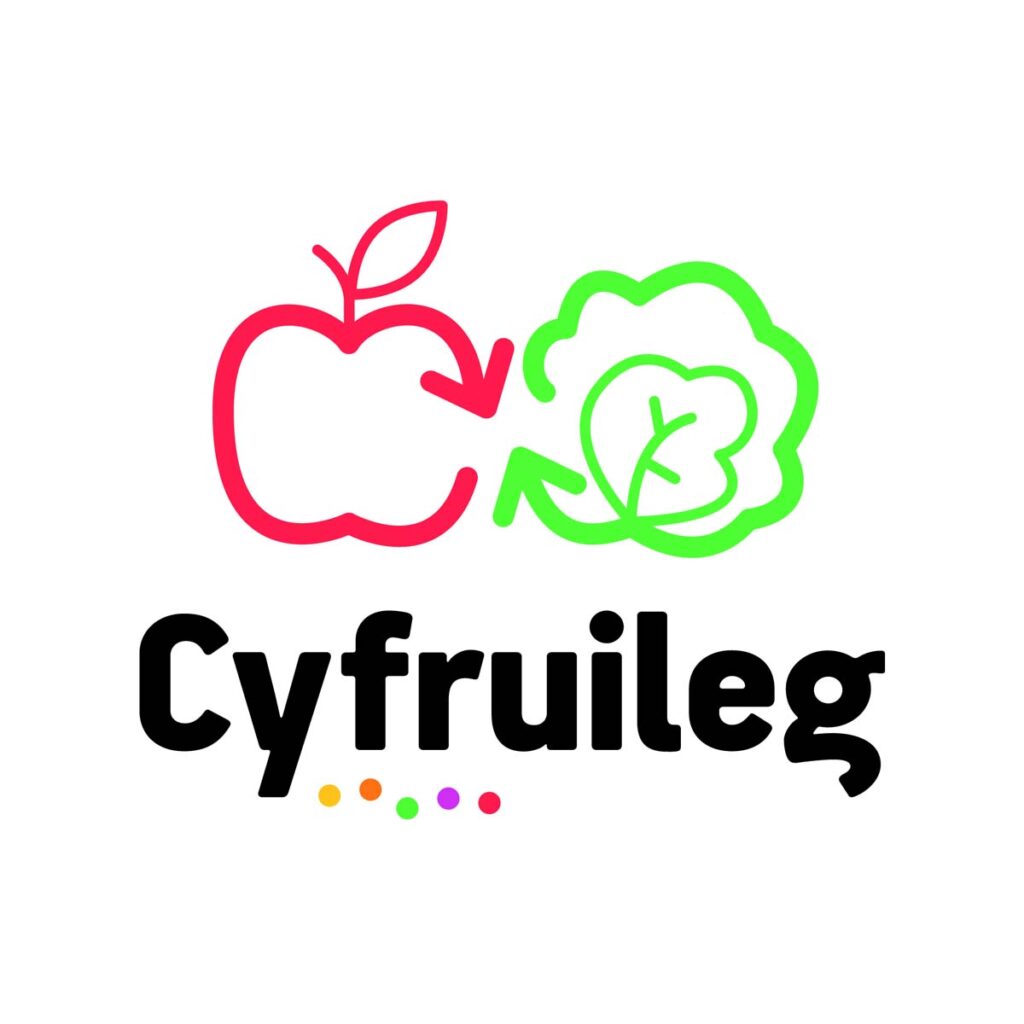Cyfruileg

![]() FRANCE
FRANCE
Contact: cyfruileg@gmail.com
Localisation: Surgères (17)
Sector: Food Industry
Date of création: 2018
Date of meeting: April 2021
Maturity of the project: In development
Resume
Summary of the project
Cyfruileg, based in Surgères in the Charente-Maritime region, recovers unsold fruit and vegetables from supermarkets into juices, soups and jams. These products are then resold in these same stores. Unsold vegetables are damaged, overripe fruits and vegetables that have been abandoned by customers. This waste of the large-scale distribution amounts to between 80 and 100 kg per day and per store. Cyfruileg proposes a management of this food waste allowing to create a loop of valorization injecting juices, soups and jams resulting from this recycling in the large surfaces.
Translated with www.DeepL.com/Translator (free version)
Key numbers
- 15 partner stores within a 60 kilometer radius.
- 80 kg per day per store of unsold fruit and vegetables.
- 38 tons of fruit and vegetables recycled since June 2018.
Pillars of the circular economy
Extending the life span by offering a second life to the “ugly” fruits and vegetables of the mass distribution
Recycling by offering an alternative to the methanization of food waste. This second life allows to fight against the food waste generated by the large surfaces.
project functioning
To listen to Stéphane Augé present the project, you can watch the video at the bottom of the article!
1. Biowaste from supermarkets[1].
10 million tons of consumable food: this is the weight of food waste per year in France. Faced with such an enormous phenomenon, reducing food waste at home remains essential, but not sufficient. The effort must start well upstream, at the level of those who produce, buy and consume very large quantities of food. Among these are the retail chains.
Since 2016, the Garrot law, the law against food waste, imposes two obligations:
Food stores larger than 400 square meters must offer a donation agreement to associations to take back their unsold food that is still consumable.
The distributors cannot make unsold food unfit for consumption.
This law gives concrete expression to the commitment made by the public authorities to reduce food waste by half by 2025. Once implemented, it has generated a strong increase in food donations from supermarkets to charities. And pushed, in 2018, the extension of its scope to collective catering and the food industry.
With more than 100 kg of unsold fruit and vegetables per day and per store, the associative donation does not allow the disposal of all this waste. A significant quantity ends up being recycled into biogas via methanization. This ultimate process represents a cost for the treatment of these unsold products and reduces them to simple bio-waste whereas they are still foodstuffs suitable for consumption.
Cyfruileg proposes an approach of valorization of unsold fruits and vegetables by preserving the food interest of these products. The unsold products are transformed into juices, soups and jams, which allows them to be valorized into other foodstuffs fit for consumption.
2. The valorization of bio-waste by Cyfruileg
Cyfruileg has been valorizing unsold fruits and vegetables from supermarkets since 2018. Following the example of Confitures Rebelles, Cyfruileg transforms the “ugly” fruits and vegetables of the mass distribution. The fruit of this valorization is then sold in the stores where the unsold goods come from.
The company collects unsold produce 2 to 3 times a week from 15 supermarkets within a 60 kilometer radius of Surgères. Each time, nearly 100 kg of fruits and vegetables are collected.
Following this collection, the fruits and vegetables are sorted by Cyfruileg in order to eliminate those which are unfit for consumption: too ripe, rotten, etc. The number of fruits and vegetables set aside depends largely on the management and the maintenance of the fruit and vegetable departments of the stores.
Once sorted, the unsold produce is transformed into juice, soup or jam. The collected fruits and vegetables are never the same, since they depend on the season, the desires of the customers which is climato dependent, etc. Cyfruileg thus proposes a wide range of recipes allowing to valorize the whole of the collected unsold products.
In 2020, Cyfruileg has valorized
- 6,200 jars of jams
- 5 500 bottles of juice
- 2 430 bottles of soups
- 800 bottles of gazpacho
3. A win-win approach for retailers and supermarkets
From the point of view of the large surfaces, the valorization proposed by Cyfruileg is the most beneficial. The recovery of the unsold products is free and the fruit of this valorization proposed to the customers in these same stores allows them to gain a margin. This valorization generates a profit for these supermarkets while calling upon a service provider to recover this biowaste intended for methanization has a considerable cost (approximately 200€ per ton).
4. A day at Cyfruileg
5:30 Opening of the lab, a little coffee and taking into account the last messages
6:00 On the way to collect the fruits and vegetables from our partners
9:00 Back to the workshop, unloading and putting in cold room after a first sorting
10:00 Preparation of the fruits or vegetables
14:00 Cooking, potting and labeling
17:00 Cleaning of the lab
18h00 Preparation of the orders for the next day’s deliveries
6:30 PM A little walk to check that everything is ok !
7pm Another good day…
sustainable development approach
Environmental benefits
Cyfruileg proposes a valorization allowing to reinject the unsold goods in a food loop. This loop allows to fight against food waste and the production of fermenticide waste.
Economic benefits
This form of valorization of the unsold products allows to safeguard the food interest of the ugly fruits and vegetables and is beneficial for all the actors of this loop of valorization.
Copyright CirculAgronomie 2020
